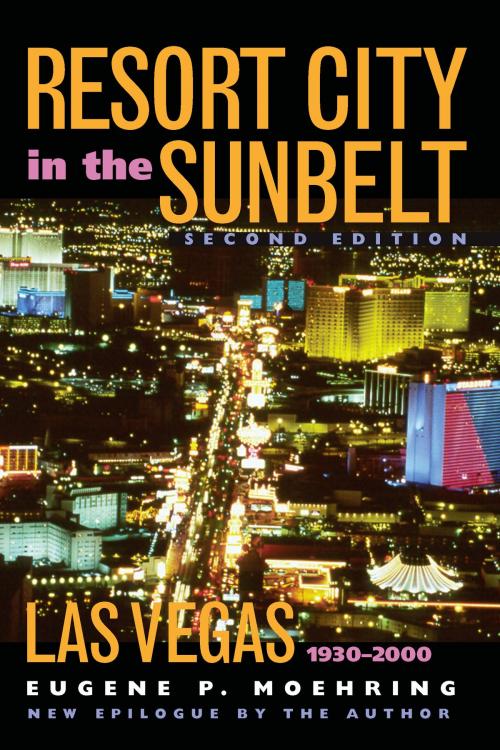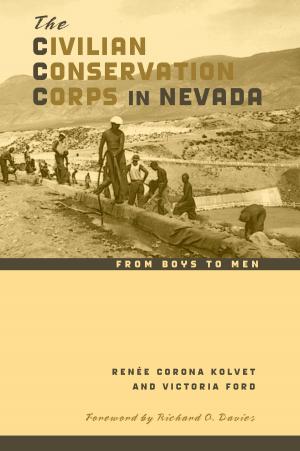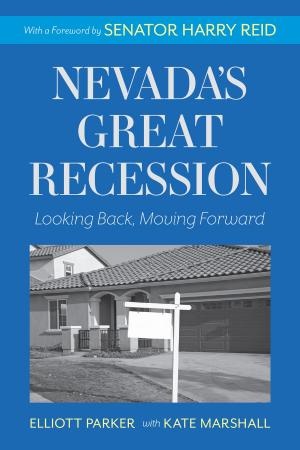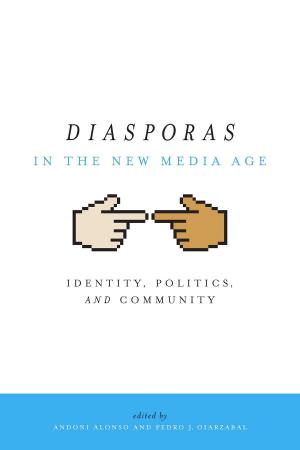Resort City In The Sunbelt, Second Edition
Las Vegas, 1930-2000
Nonfiction, Social & Cultural Studies, Social Science, Sociology, Urban, History, Americas, United States| Author: | Eugene P. Moehring | ISBN: | 9780874176933 |
| Publisher: | University of Nevada Press | Publication: | October 1, 2016 |
| Imprint: | University of Nevada Press | Language: | English |
| Author: | Eugene P. Moehring |
| ISBN: | 9780874176933 |
| Publisher: | University of Nevada Press |
| Publication: | October 1, 2016 |
| Imprint: | University of Nevada Press |
| Language: | English |
Resort City in the Sunbelt is a non-sensationalistic, scholarly account of Las Vegas from the building of the Hoover Dam to the construction of the MGM Grand Hotel. Historian Eugene Moehring provides a balanced view of the city’s urban development. Although a unique city in many ways, Las Vegas has displayed characteristics common to other sunbelt cities across the western United States—including underfunded social services, low-density urbanization with a heavy reliance upon automobiles, a sluggish response to problems within minority communities, a preference for efficient, business-like government, and a mania for low taxes. The gaming and resort aspects are fully considered, but Moehring emphasizes the city as part of the continually expanding sunbelt.
From this important study, historians will conclude that, despite some of its unusual traits, Las Vegas is much like other western cities and therefore deserves recognition as one of the fastest-growing centers in postwar America.
In a new and expanded epilogue to this edition, Moehring looks at the major events of the three decades leading up to 2000 and their underpinnings.
Resort City in the Sunbelt is a non-sensationalistic, scholarly account of Las Vegas from the building of the Hoover Dam to the construction of the MGM Grand Hotel. Historian Eugene Moehring provides a balanced view of the city’s urban development. Although a unique city in many ways, Las Vegas has displayed characteristics common to other sunbelt cities across the western United States—including underfunded social services, low-density urbanization with a heavy reliance upon automobiles, a sluggish response to problems within minority communities, a preference for efficient, business-like government, and a mania for low taxes. The gaming and resort aspects are fully considered, but Moehring emphasizes the city as part of the continually expanding sunbelt.
From this important study, historians will conclude that, despite some of its unusual traits, Las Vegas is much like other western cities and therefore deserves recognition as one of the fastest-growing centers in postwar America.
In a new and expanded epilogue to this edition, Moehring looks at the major events of the three decades leading up to 2000 and their underpinnings.















